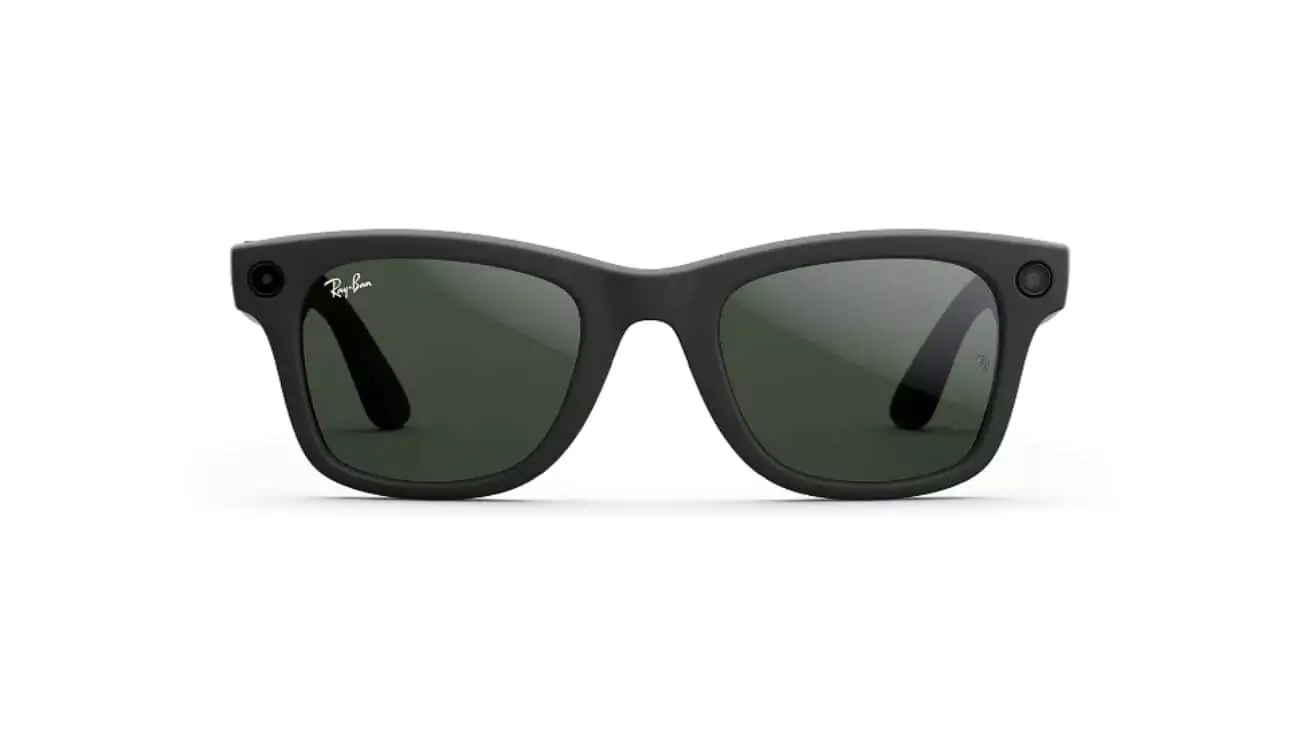Meta is reportedly exploring the integration of facial recognition technology into its AI-powered smart glasses, a development that could transform user interactions but has reignited concerns over privacy and data security. According to a May 7, 2025, report by The Information, the company has been discussing adding facial recognition capabilities to its Ray-Ban Meta smart glasses and future AI earphones with built-in cameras. This move aims to enhance functionality but raises significant questions about user data protection in the rapidly evolving wearable technology space.
The Ray-Ban Meta smart glasses, developed in partnership with EssilorLuxottica, already include cameras, speakers, and a Meta AI assistant capable of describing environments or translating text. The proposed facial recognition feature would allow the glasses to scan faces in real time and provide users with identifying details, such as names, by cross-referencing with social media profiles or other databases. Meta initially considered this technology for its first-generation smart glasses in 2021 but paused development due to privacy concerns. Now, with advancements in AI capabilities, Meta appears to be revisiting the idea, potentially integrating it into future iterations of its wearable devices.
Privacy advocates have voiced strong concerns about the implications of facial recognition in Meta’s smart glasses, especially given the company’s history of data privacy issues. The Conversation reported last year that images captured by Meta’s smart glasses are processed in the cloud and used to train AI models, often without explicit consent from bystanders. Adding facial recognition could intensify these concerns, enabling scenarios where users might identify strangers in public without their knowledge, such as at a park or event, potentially leading to unauthorized profiling. This echoes past controversies, like Meta’s AI chatbot issues, which drew scrutiny for inappropriate interactions with minors.
Meta’s interest in facial recognition aligns with broader industry trends, as seen with Apple’s recent efforts to incorporate AI-driven enhancements into its Safari browser. In 2024, Meta tested facial recognition to combat celebrity scam ads on its platforms, successfully identifying deepfake images with assurances that facial data would be deleted post-processing. However, critics argue that relying on user behavior to maintain privacy standards may not suffice, especially as wearable devices become more pervasive and capable of real-time data collection, potentially normalizing surveillance in public spaces.
The potential implementation of facial recognition in Meta’s smart glasses could offer practical benefits, such as assisting users in recalling names at professional events or aiding visually impaired individuals in social settings. However, it also poses significant risks, highlighted by a 2024 Harvard student project that paired Meta’s glasses with facial recognition to “dox” strangers, as reported by 404 Media. Regulatory challenges loom large, particularly in regions like Canada, where public photography laws are complex, and new frameworks may be needed to balance innovation with privacy rights as wearable tech evolves.
Meta has not announced a specific timeline for rolling out facial recognition in its smart glasses, and the company may face resistance from regulators and users concerned about privacy. As the wearable tech industry advances, the debate over facial recognition’s role in everyday devices will likely intensify, requiring Meta to address ethical concerns while pushing technological boundaries. The outcome could shape how AI-driven wearables handle sensitive data, influencing consumer trust and industry standards. What are your thoughts on Meta’s potential facial recognition feature for smart glasses, and how might it affect your privacy in public spaces? Share your perspective in the comments—we’d love to hear your insights on this contentious development.







